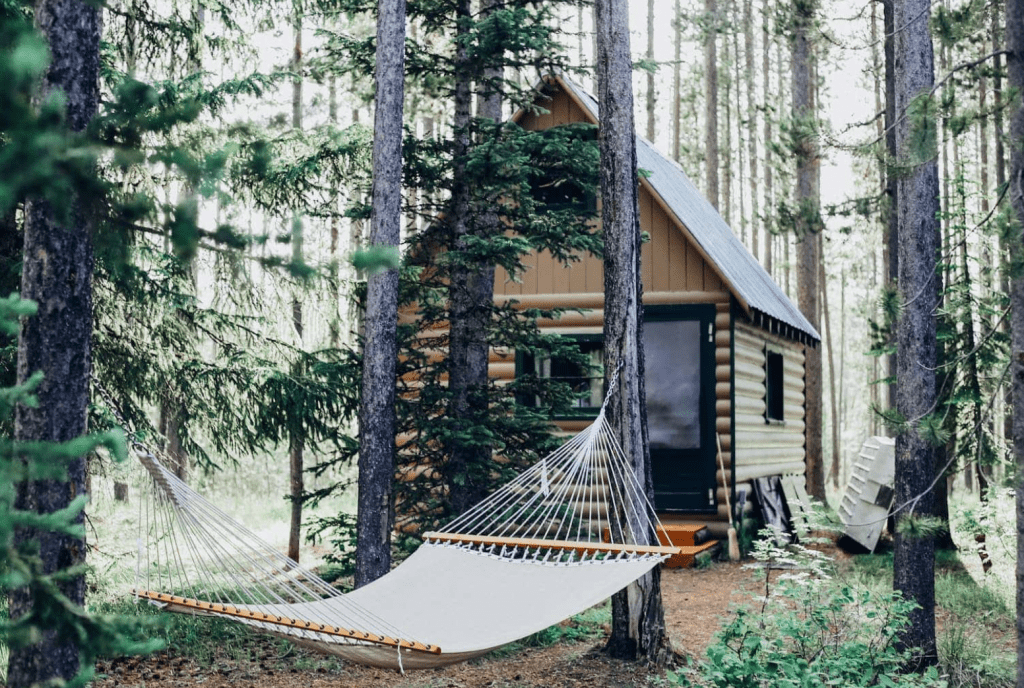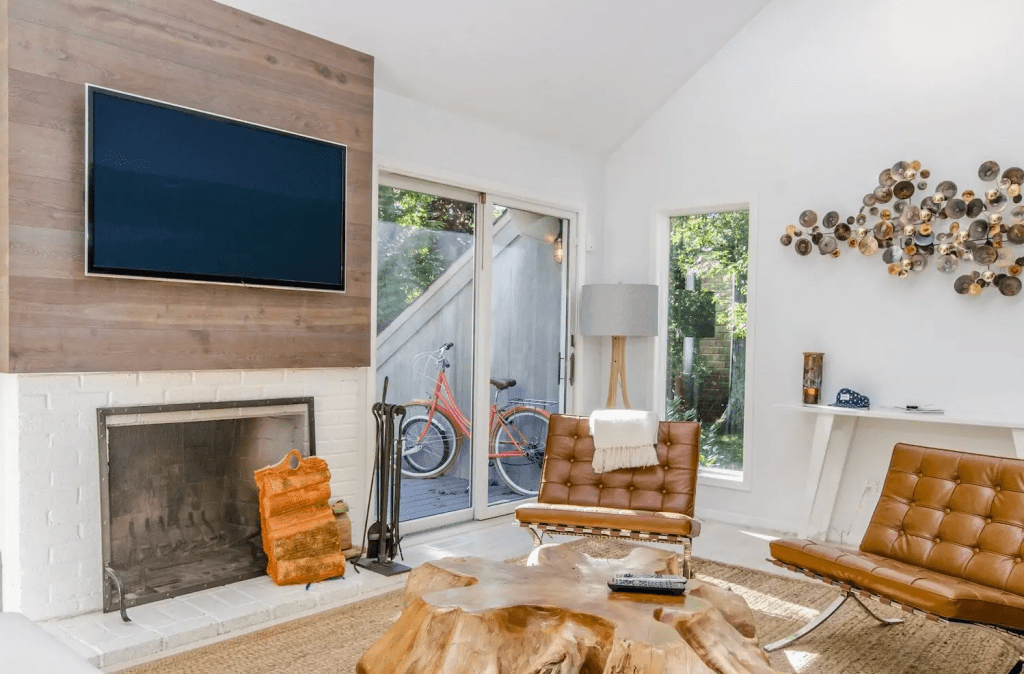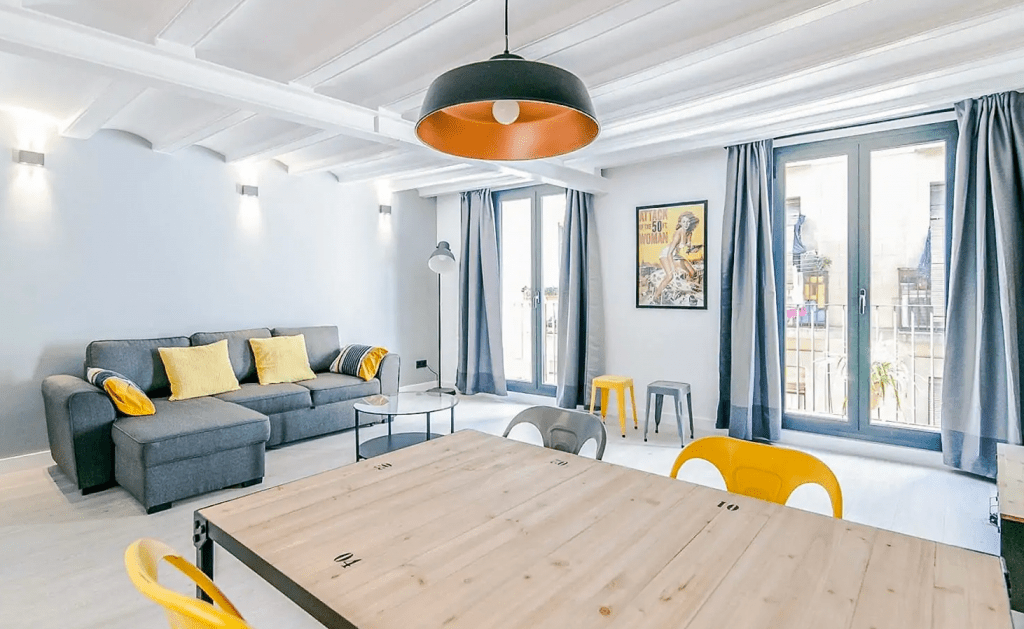Renting an Airbnb for your vacation is a departure from the traditional hotel experience, but that doesn’t necessarily mean one is superior to the other. In fact, it’s a bit more nuanced than you might think.

Ultimately, the choice depends on the experience you’re seeking and your preferred style of travel. So, let’s delve into the distinctions between Airbnb and hotels and explore which might be the more cost-effective option.
How Airbnb Differs from Hotels
Airbnb, a vacation rental company, operates largely through privately owned spaces managed by Airbnb hosts, in contrast to hotels that are run as businesses. Airbnb’s business model primarily revolves around charging service fees from hosts and travelers with each booking.
However, it’s worth noting that hotels (and other accommodations) sometimes list their properties on Airbnb’s booking platform.
Advantages of Airbnb: Expansive Living Spaces
Airbnb offers economically viable options for shared family experiences. This could mean staying in a room within an Airbnb host’s home, or having an entire space to yourself. Typically, you get access to living spaces such as the living room and kitchen, which hotels usually lack unless you stay in an apartment-style hotel.
Here are some advantages travelers find in Airbnb rentals:
- The ability to cook your own meals and relax in a home-like environment.
- Staying in a residential area, allowing you to live like a local.
- Unique Airbnb rentals, from treehouses to castles, providing a diverse range of options.
- Often more budget-friendly due to fewer recurring costs for property upkeep.
Immersing in the Local Experience at Airbnb
Choosing Airbnb can also mean immersing yourself in a more authentic local experience. With the chance to meet your Airbnb host, you might gain insider tips on local activities and hidden gems.
However, Airbnb has its drawbacks:
Disadvantages of Airbnb: Potential Downsides
- Lack of hotel facilities like daily cleaning services and hotel bars.
- Airbnb’s customer service sometimes faces criticism, and hosts, being regular individuals, may not have much authority to handle last-minute cancellations effectively.
- Additional cleaning fees can be unexpectedly high.
- The rise of Airbnb has impacted local communities in tourist-heavy cities, prompting regulations to protect long-term housing.

Why Choose Airbnb over Hotels?
Airbnb caters to a diverse range of travelers, from those looking for a spare bedroom to digital nomads seeking extended stays. Here are some compelling reasons to choose Airbnb:
- Long-Term Rentals: Ideal for long-term travelers and digital nomads who can negotiate better rates with hosts.
- Direct Communication: Airbnb’s app facilitates direct communication with hosts, allowing for a more personalized experience.
- Varied Options: Airbnb provides a wide range of accommodation options, appealing to different preferences.
- Cost Savings: Generally more affordable, especially for shared spaces or extended stays.
The Hotel Advantage
On the flip side, hotels have distinct advantages:

- Service and Luxury: Hotels offer a level of service and luxury that Airbnb may struggle to replicate, including perks like complimentary breakfast, room service, and on-site restaurants.
- Loyalty Programs: Hotel brands often have loyalty programs, providing incentives such as free stays and other privileges for frequent guests.
- Consistency: Chain hotels offer a standardized experience, ensuring a level of comfort and familiarity.
- Flexibility: Hotels generally offer more flexibility in terms of cancellations and modifications.
Pricing Comparison: Airbnb vs Hotels
Understanding what your accommodation cost covers is crucial. For Airbnb, the total cost includes:
Nightly rate set by the host.
- Sometimes a separate cleaning fee.
- Additional perks like hot tubs or breakfast.
- Taxes.
- Any extra fees set by the host, like additional guest fees, security deposits, or late check-in fees.
- For hotels, the cost includes:
- Nightly rate.
- Daily housekeeping.
- Taxes.
- Standard amenities such as toiletries and meals.
The pricing dynamics vary based on factors like location, travel season, and popularity.
In summary, choosing between Airbnb and hotels boils down to personal preferences, the type of experience you seek, and your budget. If you prioritize a home-like atmosphere, local experiences, and potential cost savings, Airbnb might be your ideal choice. On the other hand, if you crave the luxury, service, and consistency that hotels offer, they remain a strong contender.

Remember, each traveler is unique, and the right choice depends on what you value most in your travel accommodation.
Navigating the Dilemma: Airbnb vs. Hotels
When contemplating your travel accommodation, the Airbnb vs. hotel dilemma presents itself as a multifaceted decision. The key is to align your choice with your travel preferences and the experience you desire.
Whether you opt for the expansive living spaces and local charm of Airbnb or the refined luxury and services of hotels, each accommodation type has its merits. Embrace the diversity of travel options, consider the nuances of your journey, and revel in the unique experiences that both Airbnb and hotels bring to the table.
Happy travels! 🌍✈️

Leave a Reply